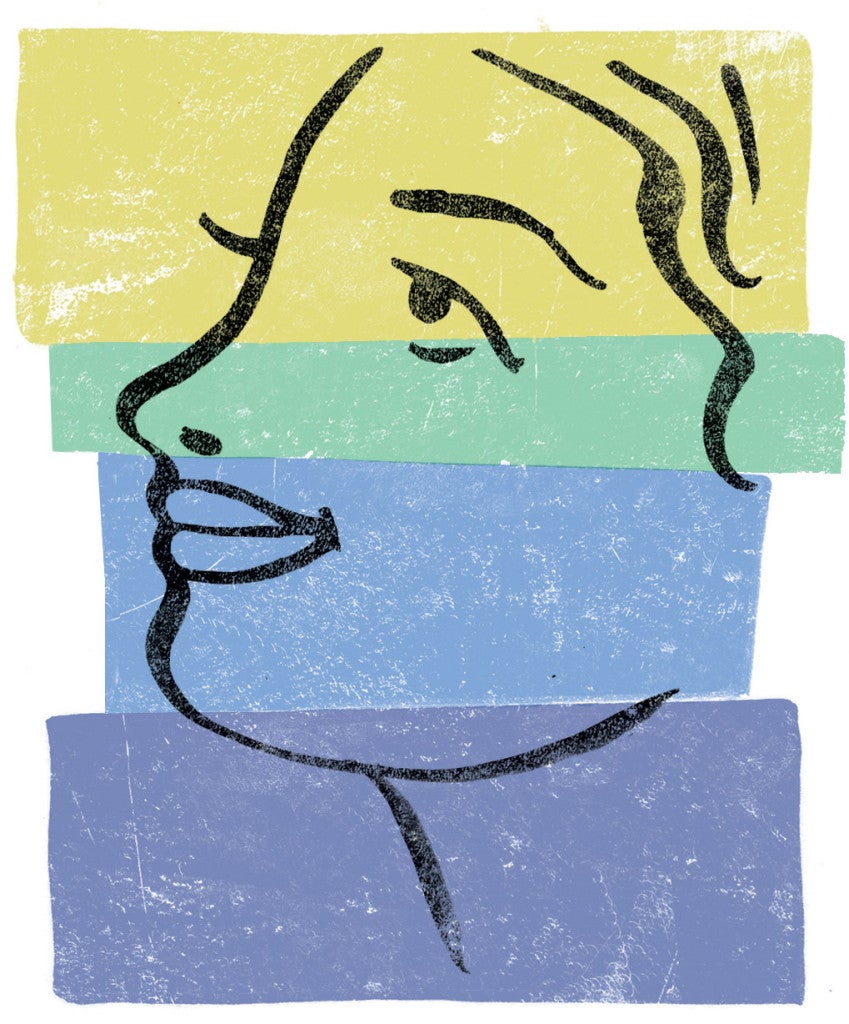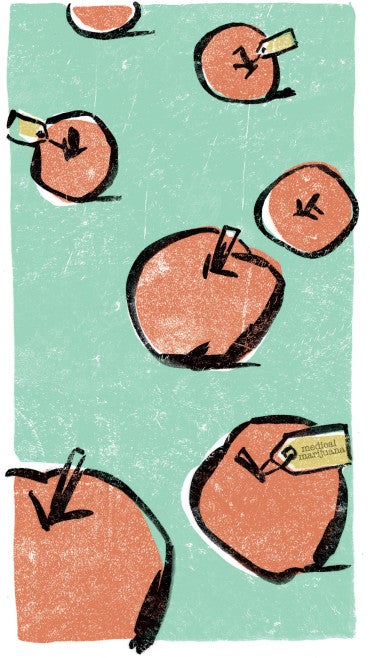From disability in China to assisted suicide in Oregon

On the cusp in China
For nearly a decade, Professor William Alford ’77 has been helping the Special Olympics grow in China. That’s led to his appointment to the organization’s board of directors and to unexpected developments in his own work.
The Special Olympics, originally created in the United States to improve the lives of people with intellectual disabilities through sports training and competition, now covers 180 countries. Whereas 10 years ago, there was little activity in China, says Alford, today it counts close to 400,000 participants–second only to the U.S. In 2007, Shanghai will host some 15,000 athletes at the organization’s World Games.
Alford believes the Special Olympics fill a particular role in today’s China: “There aren’t many outlets for civil society–for ordinary people deciding they want to form a group, lobby for an issue, express their values and concerns.”
When it comes to the treatment of the disabled in China, Alford said, although there has been progress, “there are still tremendous problems and tremendous need.” The China Disabled Persons’ Federation, the quasi-official organization responsible for such issues, is attempting to address some of those needs by redrafting the country’s law on disability. Fifteen years old, it was written for a different China, according to Alford: “It doesn’t envision private employers refusing to hire people on the basis of disability. And it doesn’t have much in the way of remedies or penalties.” Alford has found himself assisting the federation. He has also taken up a new field of academic inquiry.
It started when he wanted to review China’s disability law scholarship and was told there was none. The expert on Chinese law and legal history took the plunge. He has found collaborators–including American disability law expert Michael Stein ’88, who is teaching at HLS this fall–and is doing what he can to persuade others, including Harvard students, to take up the work. Given that on average 10 percent of the world’s population have disabilities, Alford estimates that there are some 135 million people in China who could benefit.
Lawyers against depression

Professor Lucie White ’81 has worked for years to help low-income women help each other. Most recently she is targeting depression, so endemic among this population, she said, it amounts to “a public health crisis.”
Through an initiative she runs with a former student, Angie Littwin ’02, low-income women have developed workshops on depression and its roots in poverty. They lead the sessions at a Cambridge community center and train others to do so. They have also created a program for local access TV.
To support them, HLS students and counseling students are part of a resource team that works in tandem with health care professionals. The law students practice what White calls “preventive advocacy”: meeting with the women, listening to their concerns and trying to address issues that could turn into legal problems down the road.
White said in her nearly 30 years in poverty law, “it’s been so wrenching to see how much talent and possibility are wasted and how much people suffer.” She is excited to see women buoyed as they make use of their own experience with depression–notoriously isolating and paralyzing–to help others break the cycle. She is also gratified that the project is having an impact on the mental health care system it was designed to change.
The Cambridge Health Alliance is working on making the project–with its student support teams–one of the treatment options available to its patients.
In the best interests of the child?
When Professor Elizabeth Bartholet ’65 spoke at a conference on international adoption in Guatemala City early this year, she addressed a room full of activists, lawyers and politicians. But at the heart of her speech, and her pro bono advocacy, are children–living in institutions or foster care around the world.
An advocate of international adoption, Bartholet says that although it has been on the rise over the past few decades, it is now meeting opposition that puts it and the children it could help at risk. Opposition comes from certain political forces within “sending” countries and from some human rights organizations such as UNICEF.
Bartholet says she and opponents agree on the long-term goal of decreasing poverty and social injustice, which lead to so many being unable to raise their children. In the meantime, she believes that international adoption not only provides a lifeline to the children who are placed, but that it also helps others left behind, noting the financial contributions that adoptive parents make to orphanages. She says it can also change political consciousness, sensitizing adoptive parents to the political and social conditions in their children’s country of birth and making them more attuned to issues of global justice.
Arguments against international adoption, she believes, have little to do with the best interests of children. Many are grounded in “phony romanticism” and national pride. “Growing up in the desperate conditions of most of the world’s orphanages is not a rich experience in one’s cultural heritage,” she said.
Bartholet herself adopted two children from Peru in the 1980s and has been involved in the field ever since. She pushed successfully to change the law and policy in the United States that mandated race-matching in domestic adoption. And she believes the underlying question in the debate over international adoption is similar: “Should you see kids as belonging to their racial, national or cultural group of origin, or should you see them as belonging to the world community and being entitled to a home, if one can be made available?”
Battles picked

Professor David Shapiro ’57, former deputy U.S. solicitor general, says that one of the luxuries of being a law professor is the freedom to pick and choose your cases and causes. Recently for Shapiro, that’s meant assisting with amici briefs for Supreme Court cases involving assisted suicide and medical marijuana, among other efforts.
This term, the Court is considering the U.S. attorney general’s challenge to Oregon’s assisted suicide law, the only such law in the country. Shapiro and his co-authors argue that using the federal Controlled Substances Act to challenge the Oregon statute misinterprets the act, which was designed to give the states latitude in deciding what medical practitioners can lawfully do. “I felt very strongly that the lower court decision upholding the Oregon law was right,” said Shapiro, an expert on statutory interpretation and federal powers. Although he declines to predict the outcome, he feels their arguments add up to a winning position–even factoring in the fortunes of another recent case involving the CSA.
In Gonzales v. Raich, the federal government invoked the act to challenge the use of home-grown marijuana for medical purposes, despite a state compassionate-use law. Shapiro and his co-authors wrote an amici brief making the case that Congress did not have the constitutional power under the Commerce Clause to do so.
Shapiro says the medical marijuana case was a tough one for him to take on, because he believes federal power has been unduly restricted by the Court in recent years. “But I did think that there was a rational and powerful argument to be made that federal power had been exceeded here,” he said. “We persuaded three justices, but that was two less than what we needed.”
